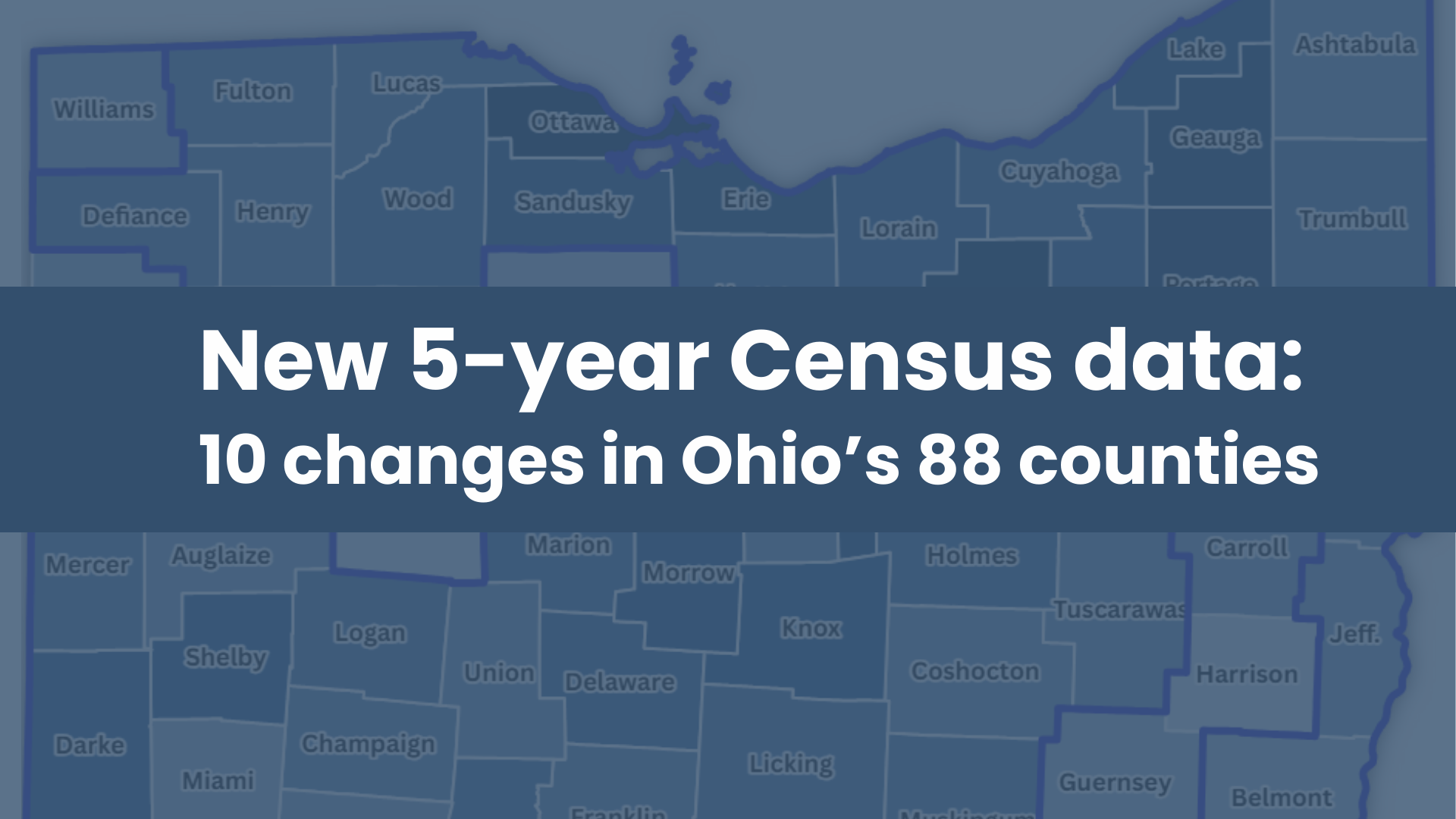Hispanic Heritage Month is an annual celebration of the history and culture of the U.S. Latino and Hispanic communities and will be observed this year between Friday, September 15, 2023, and Sunday, October 15, 2023. As part of our own REI Journey, and in recognition of Hispanic Heritage Month, The Center for Community Solutions team watched the documentary Ninos de Papel—Paper Children. The documentary shares the journey of a family from Honduras, dealing with the familiar story of so many of trying to find refuge, support, and a safe home after fleeing violence, poverty, and other horrors that threaten their right to live in peace.
Hispanic Heritage Month is an annual celebration of the history and culture of the U.S. Latino and Hispanic communities.
The discussion, while honest, open, and painful gave our team an opportunity to discuss the U.S. asylum process. I was encouraged by the layers in the dialogue; everyone wants to know more about what creates poor results for so many people, and now so many children. The team asked tough and sometimes controversial questions during our dialogue. All the questions were brave. For instance, “What has the U.S. done that could be responsible for causing the dire state of these other countries, driving its people to desperately look for refuge here?” “How did the country that once declared: ‘Give me your tired, your poor, your huddled masses yearning to breathe free,’ become the place that could harm and deport the most vulnerable?”
Who do we welcome?
What if these children were not Latinos or Hispanic, and instead from Ukraine? Would the treatment be different? Is it? Of the thousands of reported children separated from the families after crossing the border over the last several years, how many have been returned to their families? How many remain missing? How do these stories of immigration make us think of slavery?
Separating children from families, creating unsafe environments and terrible acts against human beings: all acts starkly look like the practice of slavery. We were asking ourselves how we could ever come to terms with the inequities of our immigration history. Our dialogue was a heavy balance between analysis and disappointment with no clear and definitive answers. Ultimately landing us on the understanding that while some people call it a “broken system,” it’s operating largely as it was intended to.
We never learn the end of the story
Like my colleagues, I had similar questions, but my heart remained centered around Fernando, a sixth grader when he first headed towards the United States with his three younger siblings. He followed the path their mother set forth four years prior on behalf of the family. As described in the documentary, he ran because they witnessed the death of a family member. He had to pay brutal gangs with the few dollars his mother sent from the U.S., and it was not enough to keep violence from the family while also providing food for their sustainability. Plus, the threats towards his little sister, who was now becoming a young woman, was too much to defend.
It's striking, the amount of time it takes for these children to get through our immigration process, over a span of years. In the documentary, the Miami Dade court system decided that the case of a family of four siblings had to be treated as four different cases. This approach left Fernando’s fate decided last and as he became older. This process could destroy his innocence and damage the faith this family demonstrates throughout the documentary. This immigration process and policies minimize Fernando’s heroic journey away from terror, leaving the viewers wondering if, like his younger siblings, he ever received asylum? We don’t know.
As a Puerto Rican, I am privileged to be a citizen.
Viewing this documentary, one could sit in the comfort and reality of our privilege to be free and decide where we want to be. We can judge the number of parents that have taken the journey to freedom, first leaving children behind in hopes of creating an easier path for other family members. As a Puerto Rican, I am privileged to be a citizen, and my point of view is informed by subjective experiences with “Familia”/ friends who have taken the same journey. I shared with my colleagues, how in my own circle, Mama Emma, one of my “Tias” (aunties by friendship), came from the Dominican Republic first and eventually reunited with her three children, today all adults and citizens. But that was years ago. The process, while not easy then, has only gotten more difficult with its failing policies and procedures. A system now compounded by more families and children running towards the believed opportunities in the U.S.
I asked myself how this trauma is affecting these children, what changes could we make? A 12-year-old (who even becomes 19 over the course of this journey) cannot protect his siblings and be accountable for all their suffering. He is a young adult in the documentary, but he began as a boy. This treatment is unfair, unjust, cruel, inequitable, and prejudiced. Yes, knowing how we got here is important, but I am most driven to find a source that could help me share with my colleagues where and how we can begin to effect change. This cannot and should not be the story we continue to create and sustain.
Fernando’s story shows us how it gets more difficult to share his traumatizing story with each year that passes. Imagine doing so at 5 years old. Also, the persecution faced by many children and young people is not political. They are often forced to join gangs through coercion or threat of death, and this is not covered by asylum guidelines. They could be facing trafficking, organized violence, and be in the presence of political violence, that causes loss of family, trauma and again threatens their security.
Finally, many of the immigration policies do NOT consider children’s mental health needs. “Asylum procedures are guided by concerns about enforcement instead of protection.” Customs and Border Patrol have been described as inhumane. In the documentary, we hear from Fernando and his young siblings of the cold facilities, sleeping on floors and days of horror while in custody. Dr Song’s report sheds light on inadequate access to food, bathing facilities, medical care, inappropriate use of solitary confinement, sexual abuse by staff against children in custody and even death of children since 2018.
Mental health of unaccompanied children
Dr. Suzan J. Song’s report: Mental health of unaccompanied children: effects of U.S. immigration policies, offered great insight including some reasons why and how the system has failed. I encourage readers to read the report to dive deep into these powerful perspectives. Some will blow your mind and make you really upset. But focusing on the positive, her recommendations are summarized below for some hope.
Song first highlights that “the world's refugees are younger than 18 years old and an estimated 33 million children are forcibly displaced from their homes, 1.5 million of whom are seeking asylum.” In the documentary, Paper Children, we learn that 71% of asylum cases are denied and 92% of the asylum cases are denied in Miami- where Fernando’s family story takes place. Additionally, and perhaps most poignant to the matter of children as refugees, is that in order to justify a refugee claim an applicant has to prove that “owing to a well-founded fear of being persecuted for reasons of race, religion, nationality, membership of a particular group of political opinion, they are outside the county of their nationality and is unable or unwilling to avail themselves of their protection of that country…” How can a child be required to have the undue and developmental burden to prove the persecution they’re facing?
Dr. Song’s report recommends that the United States takes on the moral and ethical duty to set a standard on how to protect children’s rights and respect how immigration policies affect children’s mental health. “Building a humanitarian response that protects both country and migrant interest.”
Five Recommendations by Dr. Song on immigration and children's mental health
- Uphold International Humanitarian Law: asylum seekers and refugee children are entitled to humanitarian protection through international law. Children have been stripped of rights, they deserve to have safe havens and not be returned to countries where they subjected to persecution. They are instead facing detention and deportation without appropriate procedures for asylum hearing and due process.
- Shift focus towards protecting the mental health of children: The system must now adapt that of a system managing migrant males seeking employment, the reality is that now the response must address the engagement of families and children.
- Do no (further) harm: Children are already facing a traumatic experience in their journey here; they should then be engaged utilizing culturally sensitive, trauma informed approach that ensures they are not re-traumatized. All staff at all levels in this system must be responsibly selected, evaluated, and trained to understand and respect the mental health consequences faced by children such as isolation, separation, fear, and loss.
- Use community stakeholders to end detention: Children and youth should not face the horrors and isolation of detention; they are not criminals. These settings only present a threat to these children’s mental health. Already facing the natural support of parents, these settings only damage children, especially when these stays are extended for a long time. I’ve personally known of the historical success of engaging community stakeholders. Local neighborhood center East End Neighborhood House served as such haven for Japanese families after World War two helping these families with children with human and social supportive services.
- Advocate to share the burden of responsibility: this recommends collaboration amongst countries to share the burden of responsibility to address the root causes of migration by promoting economic development, climate resilience and creating opportunities for social mobility as presented by United Nations High Commissioner for Refugees. Corruption, human and drug trafficking problems affect people across countries and therefore regional solutions can ensure everyone’s safety. Together if we wanted, we could create humanistic frameworks to address migration matters.
In celebration and observance of Hispanic Heritage Month, my team and I discussed a difficult and real problem facing our society: our brothers and sisters migrating here for safety and opportunities. Sharing, I hope, encourages us to investigate the matters of the current asylum process and procedures, and how it is harming families and children. It is a problem that can only be addressed collectively and genuinely by seeking the best approaches that honor humanity. Ubuntu!
Resources:
Mental health of unaccompanied children: effects of U.S. immigration policies - PMC (nih.gov)
Children of Immigrants and Their Mental Health Needs | Think Global Health







